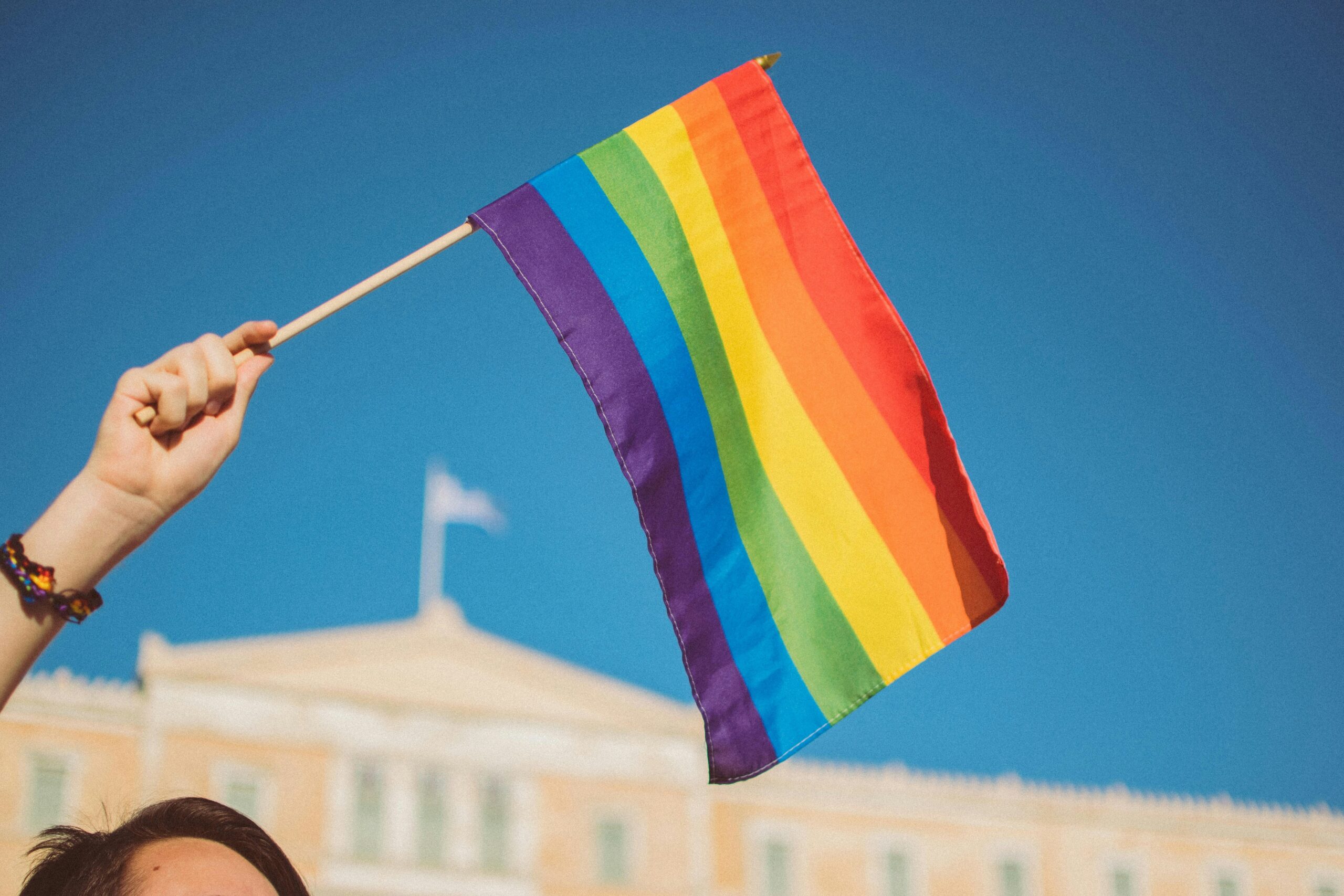
A Blood Right: Report Supports Changing Rules for Gay and Bisexual Blood Donation
A report from the University of Auckland is advocating for a significant shift in New Zealand’s blood donation policies, particularly concerning gay, bisexual, takatāpui, and other men who have sex with men (MSM).
The study, led by Associate Professor Peter Saxton at the School of Population Health, highlights the potential to increase the donor pool by threefold if New Zealand adopts policies similar to those in Canada and the UK.
“It’s now time to improve New Zealand’s blood donor rules. This would allow more gay and bisexual men to participate in an important civic act, and it would benefit all New Zealanders who need blood, without compromising safety,” Saxton says.
Under the current regulations, only 13 percent of MSM surveyed would be eligible to donate blood. However, aligning with international standards could raise this figure to a promising 41 percent, according to the research conducted among 3,253 individuals. This adjustment is not just about inclusivity; it’s about maximizing the availability of safe blood for all New Zealanders in need without compromising safety standards.
Dr. Saxton emphasized the importance of updating New Zealand’s policies to reflect advancements in screening technology and the evolving understanding of HIV transmission. While acknowledging the need to mitigate potential risks, he pointed out that individuals in monogamous relationships or those engaging in low-risk behaviors could contribute to the blood supply safely.
“Overall, our findings show that gay and bisexual men value the right and responsibility to donate blood and are an untapped population. Many are willing to cooperate and help, if invited to,” says Dr Saxton.
The only catch is that, while 81 percent of gay and bisexual men said they intended to donate blood if they became eligible in future
“In the open-ended responses, some participants weren’t sure if they could trust the blood service to welcome them, given what participants perceived as a long history of unjustified exclusion. It suggests the NZ Blood Service needs to rebuild relationships with the gay community, if they want to get the most out of a future policy change,” says Dr Saxton.
The findings underscored strong community interest in blood donation, with 82 percent of respondents expressing willingness to donate, and 79 percent viewing it as a means to contribute to society. However, the study also revealed widespread dissatisfaction with the current exclusionary policy, with approximately three-quarters of participants deeming it unfair and discriminatory.
One significant barrier identified was the lack of trust between the gay community and the blood service, stemming from a history of perceived unjustified exclusion. This highlights the importance of rebuilding relationships and fostering transparency to facilitate future policy changes successfully.
Dr. Sarah Morley, Chief Medical Officer of the NZ Blood Service (NZBS), affirmed the organization’s commitment to change and outlined plans to introduce individualized risk assessments for potential donors. This approach aims to be more inclusive, considering factors beyond sexual orientation alone, such as specific risk behaviors.
“We’re excited to start the journey of change and about the prospect of being able to welcome more gay, bisexual, takatāpui and other men who have sex with men into our whānau of lifesavers in the future. This process is going to take time, but we’re committed to making change.”
The report’s recommendations align with global trends, as evidenced by recent policy changes in Canada and the UK. By leveraging these models, New Zealand can enhance the safety and efficiency of its blood donation system while promoting inclusivity and equality.
The release of this report marks a pivotal moment in the ongoing dialogue surrounding blood donation policy in New Zealand. It represents not only a call to action but also a testament to the potential for positive change when research, community engagement, and institutional commitment converge.







